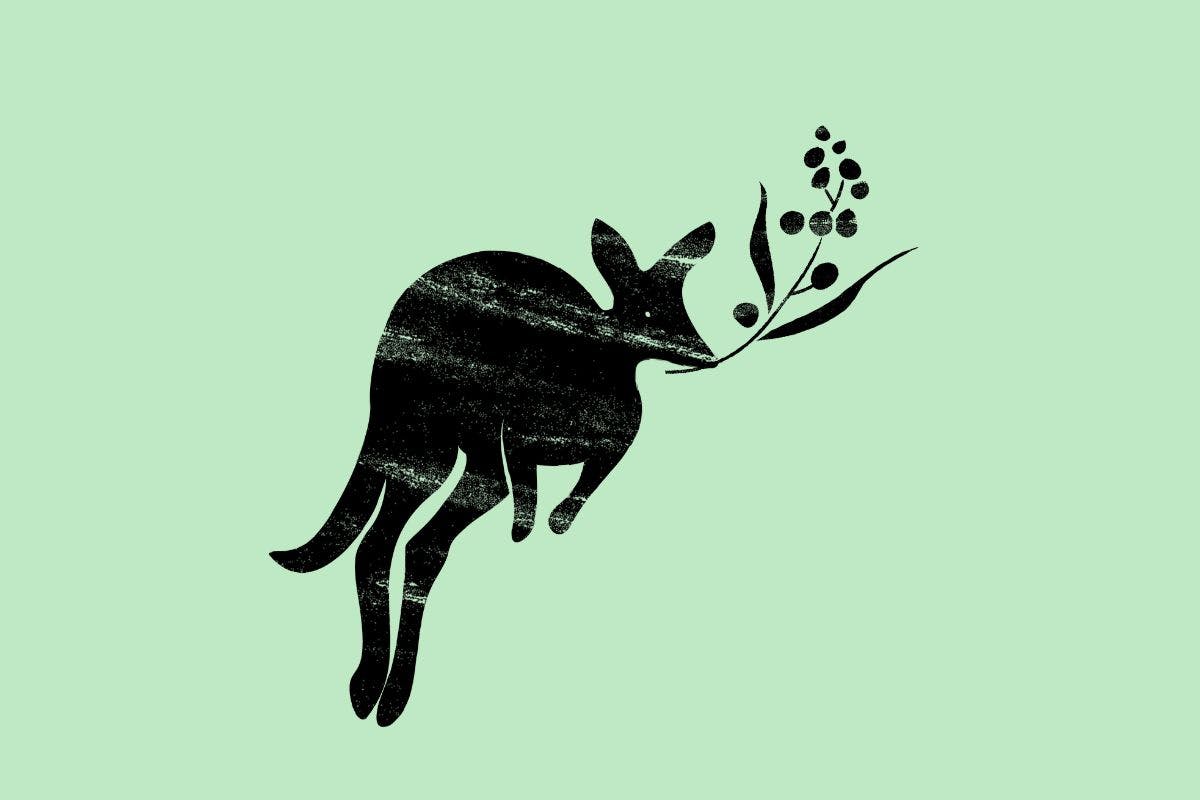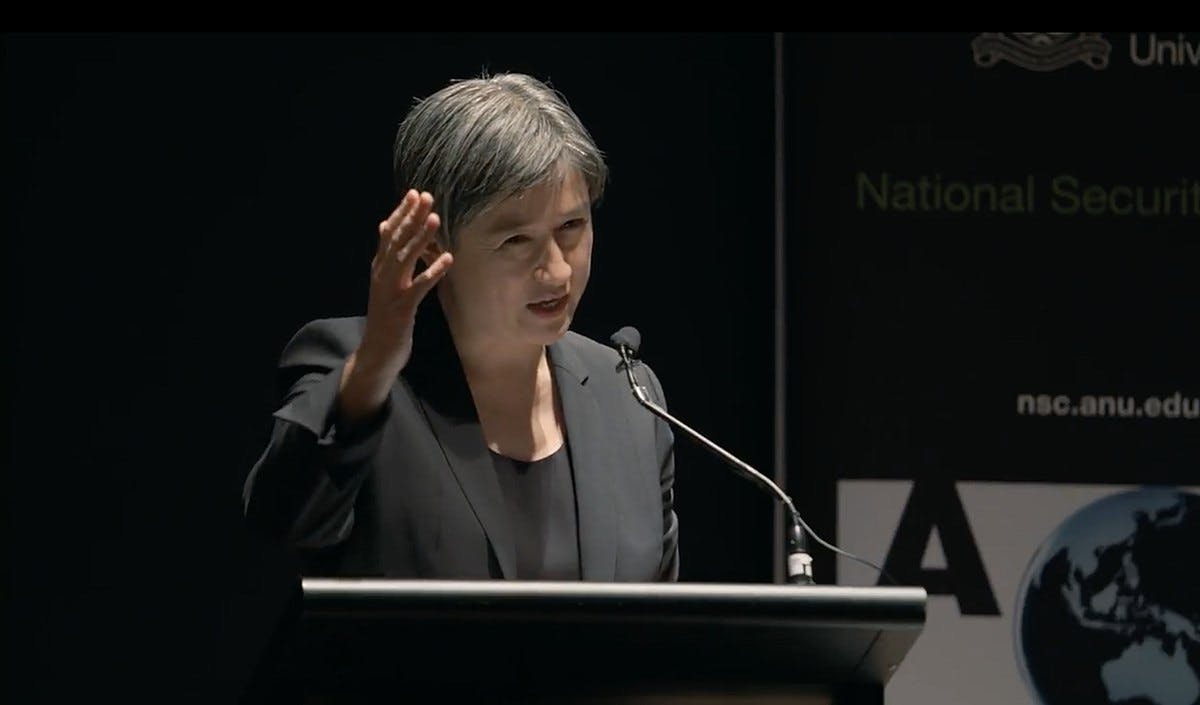Published: 21 April 2020
Last updated: 4 March 2024
THE HIT ISRAELI NETFLIX SERIES Fauda has become the number one show in Lebanon, and the fourth most popular on Netflix in India.
Co-creator of the series, Israeli journalist Avi Issacharoff, told The Jewish Independent he only learned about the rise to number one on Saturday and described the news as “mindblowing”.
In an exclusive online conversation presented by The Jewish Independent on Sunday night to coincide with the launch of Season 3, Issacharoff also confirmed that a production company is already working on an Indian adaptation of Fauda. In the Indian version, the dramatic focus will shift from Israeli-Palestinian conflict to India-Kashmir.
In a broad-ranging conversation with fellow journalist Rabbi Elhanan Miller, in front of an online audience of 250 people (across Australia, South Africa and Israel), Issacharoff said the main characters were drawn on his experience, and that of his co-creator, Lior Raz from their time in the Israeli Defence Force, and also from his career as a journalist. There is a real Doron (the main character in the series, played by Raz) but he is taken from bits of many people, he said.
Although part of the series’ success lies in its sense of real-life storylines and characters, Issacharoff said that because it is completely fictional, the scripts do not have to be vetted by military censors.
However, he revealed it has been well received by Israel’s security forces in terms of its accuracy and fairness. Such is its impact that the IDF and internal security agency, Shin Bet, are “in a type of secret competition to claim that Fauda’s undercover group of special agents is modelled on them (and not the other)”.
The quality of the acting is another factor in the show’s success. Issacharoff said that out of cultural respect, he and Raz insisted Palestinian characters would only be played by Palestinian actors, and likewise for Israelis.
[gallery columns="1" size="large" ids="34986"]
This presented a linguistic challenge, he added, because most of the Israeli actors did not speak a word of Arabic. For example, the actor who plays Captain Ayoub had to learn all his Arabic lines by heart.
Although delighted by the show’s popularity and appeal across the Jewish, Muslim and broader worlds, Issacharoff said he was under no illusions about the show’s impact on bringing the opposing sides towards peace.
“Fauda didn’t change anything. Rather, it opened up a small window for people to see what life is like on the other side. “I’m not naïve,” he said. “As long as we have the type of leaders we have, we’re moving away from peace, not towards it.”
While he agreed that Fauda has sometimes provoked hostility in the Arab world over its portrayal of the conflict, Issacharoff said sometimes this had created unintended benefits for the show. “The organisers of the BDS movement asked Netflix not to screen Fauda, and asked people in the Arab world not to watch it.
“Who could resist watch it after that?” he said, referring to the allure of forbidden fruit.
Towards the end of the interview, Issacharoff confirmed there would be a fourth season of Fauda. He was then asked if he and Raz had ever considered writing a series around Jewish terrorists in the West Bank rather than Palestinian ones. “We did think of that, a different plot. But it would be for a different show, not Fauda,” he explained.
“Lior and I are developing some other stories – one of them for the theatre,” he said.
For the time being, however, fans can content themselves with enjoying the third season, which launched on Netflix last Thursday.
ON FRIDAY: watch an edited video of Avi Issacharoff’s conversation with Rabbi Elhanan Miller
Photo: Avi Issacharoff speaking at The Jewish Independent's online conversation




